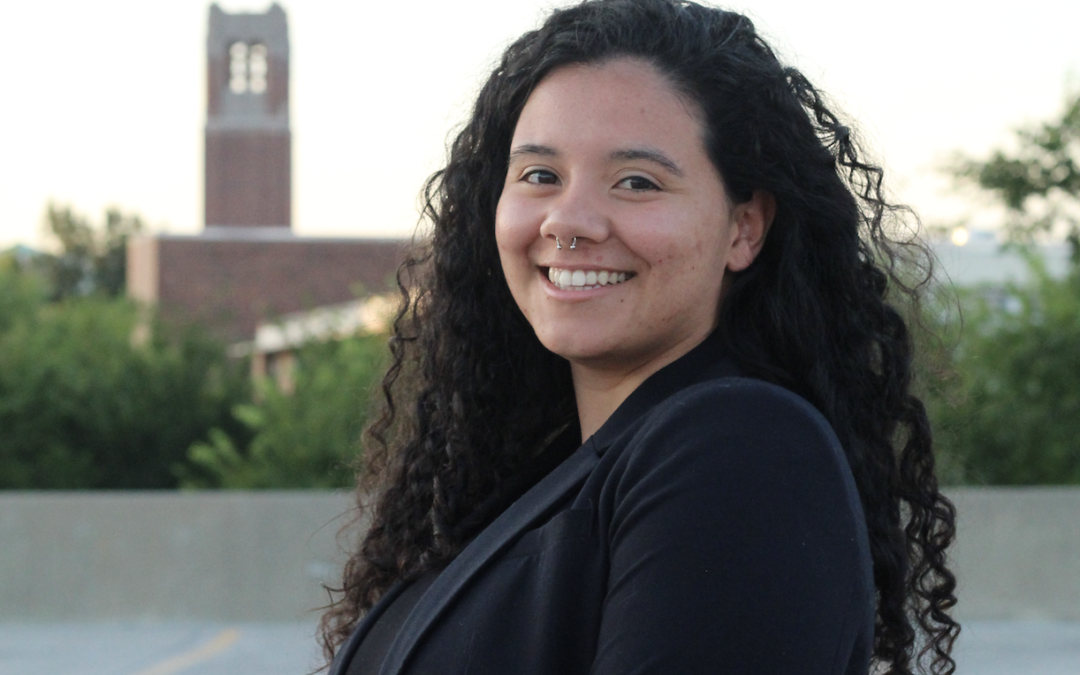When I first applied to the Karel Fellowship, it was my first step at seeking true discomfort. I had no idea what I was getting myself into, which made me really nervous; but I ultimately knew that I would see it through. My thought process was simple: I like communications, I want to work for an NGO, and I want to do something impactful this summer. In the best way possible, it simply was not that simple.
No two days were the same at my host organization, Human Rights Watch. Being a campaigns and public engagement intern meant one thing and that was that I was going to be working on lots of campaigns. I remember sharing with the Fellowship Program Coordinator Karen once that it almost felt like I was traveling around the world. For part of the day, I would be working on projects that focused on calling for a safe sporting center in Japan. Later on that same day, I would be helping our efforts in putting an end to MOUs between the Canadian federal government and provincial governments to hold immigrants in detention centers indefinitely.
These are just two of the many issues that the Human Rights Watch has at the center of its attention. However, I truly felt as if every task I was assigned, big or small, would undoubtedly go a long way. This leads me to, in my opinion, what was the most important task I was given throughout my fellowship — my big rock project. In short, this project was basically me pitching to my team why Human Rights Watch should be on different media platforms that they are currently not on.
I gave myself a lot of pressure when it came to this project. I knew Human Rights Watch was a big deal and so was this presentation. I spent many days and long nights preparing my pitches and presentation. I couldn’t afford to mess up. This project meant a lot to me because I was able to show them the different ways we can use certain platforms, which then expands our reach and ultimately elevates the voices of those in need. Long story short, I made a couple of good arguments for some well-known platforms, and ultimately HRW decided to experiment with WhatsApp. Did you know 69% of the internet uses WhatsApp? Neither did some of my supervisors, but that is an audience that may soon be reached by Human Rights Watch.
I remember being so nervous to present my big rock, but after a bit of reflection, I realized exactly why I was feeling so nervous about my presentation. I was nervous because I cared. This project would go on to impact millions of people, and while I may not know all of them, I still care deeply about the struggles they face. I think that this is what makes public interest communications so special. My actions as an individual can create a ripple effect to impact communities that are important to me.

